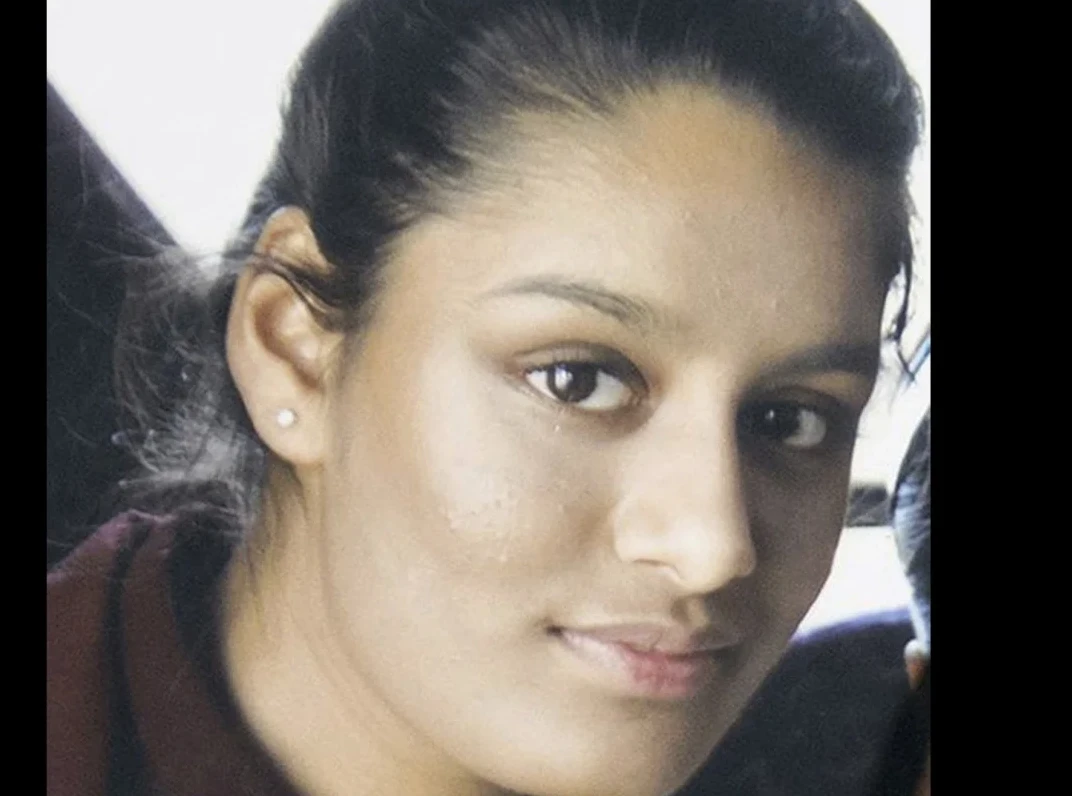Shamima Begum, 24, had hoped to challenge an earlier ruling in which she lost an appeal against the removal of her citizenship.
But UK Supreme Court justices said she could not appeal again following her defeat at the Court of Appeal in February.
The justices found that her proposed grounds for appeal "do not raise an arguable point of law".
Begum, whose family is of Bangladeshi origin, was 15 years old when she left her east London home for Syria with two school friends in 2015.
While there, she married an IS fighter and had three children, none of whom survived.
She said she was left stateless in February 2019 when Britain's then-interior minister revoked her citizenship on national security grounds after she was found in a Syrian refugee camp.
It means she has not been able to return to Britain from the camp in northern Syria.
In February 2023, the Special Immigration Appeals Commission (SIAC) upheld the removal of her citizenship.
She then went to the Court of Appeal, where her legal team argued that the government had failed to consider its legal duties to Begum as a potential victim of trafficking.
But the court ruled that the risk to national security took precedence.
The court also ruled that Begum had not been left stateless as she retained Bangladeshi citizenship through her mother.
Begum's lawyer told the SIAC hearing that her client had been "influenced" along with her friends by a "determined and effective" IS group "propaganda machine".
The appeal court accepted that Begum "may well have been influenced and manipulated by others", but added she could "still have made a calculated decision to travel to Syria".
Around 900 people are estimated to have travelled from Britain to Syria and Iraq to join the IS group.
Of those, around 150 are believed to have been stripped of their citizenship, according to government figures.
In March, a group of United Nations experts urged the UK government to repatriate Begum.


